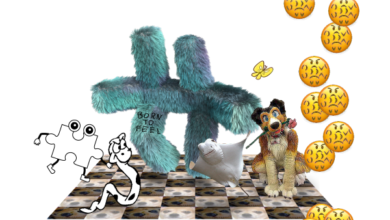Multiple German Courts Rule Photos Of Public Domain Works Are Not In The Public Domain
Originally published on techdirt.com
Back in November 2015, we wrote about a bad situation in Germany, where a museum in Mannheim was suing the Wikimedia Foundation over photos of public domain works of art, which were uploaded to Wikimedia Commons. Sadly, since then, things have not gone well for the public domain. No less than three German courts — in Berlin, Stuttgart and now again in a higher Stuttgart court — have ruled against the use of the photos. The latest court judgment is available in full (pdf in German), and it contains some pretty worrying statements.
For example, the upper Stuttgart court confirms that the museum’s photographs of the public domain works are not in the public domain, because they were produced by a photographer, and not some mechanical process like a photocopier. Under German law, if there is any kind of creativity involved, however minimal, then the photograph produced enjoys protection as a “Lichtbildwerk” — literally, a “light image work” — and is not in the public domain.
The court also ruled that not even photos of works in the public domain taken by a Wikipedia supporter to put on Wikipedia could be used freely by Wikipedia. Making a photo in this way “injured” the museum’s ownership of the objects in question, the judges said, even though the works were in the public domain, as a report on the iRights site explained (original in German). In addition, the court said that the museum was within its rights to make it a condition of entry that no photos were taken.
These are clearly dreadful rulings for Wikipedians in Germany. The good news is that the Stuttgart court has allowed an appeal to the country’s top court, the Bundesgerichtshof. If even those judges fail to see how crazy this situation is, and how harmful to the public domain, there is always the hope that the Court of Justice of the European Union, the highest court in the EU, might consider the case, but there’s no guarantee of that.




